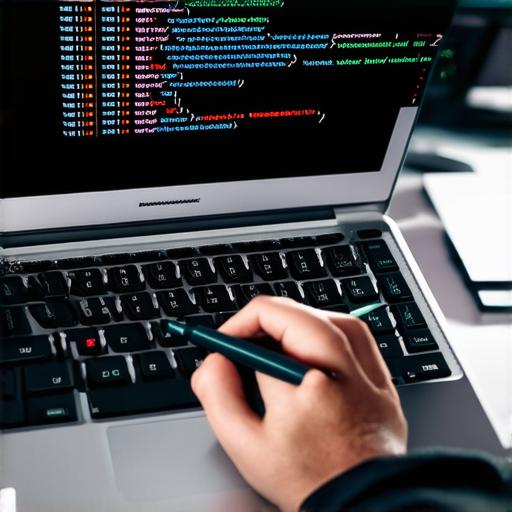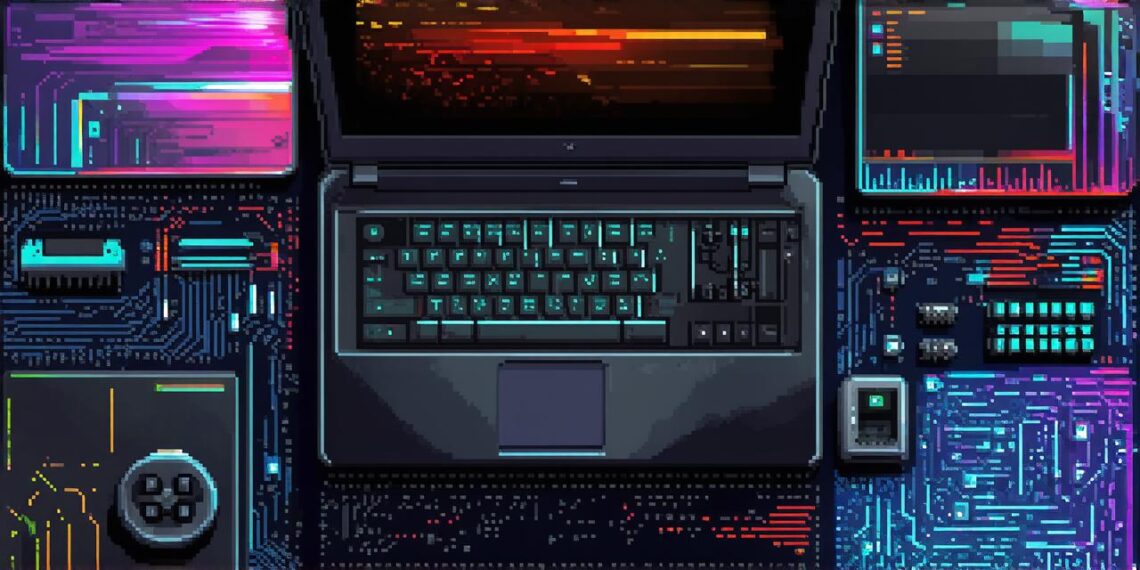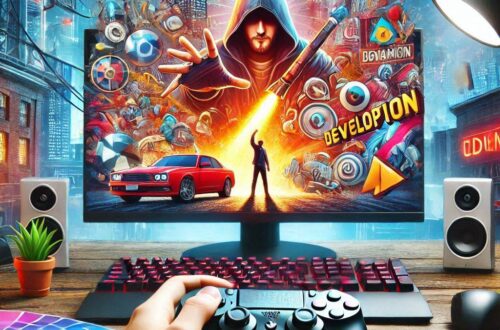In game development, programmers play a vital role in bringing digital games to life. While they are often associated with coding and technical aspects of the game, their contributions go beyond writing code. They work closely with other team members such as artists, designers, and producers to ensure that the game is not only functional but also engaging and entertaining for players.
The Role of Programmers in Game Development: A Brief Overview
Programmers are responsible for creating the logic, rules, and mechanics that govern the behavior of game objects and characters within a game. They write code to implement game features such as player input processing, artificial intelligence (AI), physics simulation, graphics rendering, and network synchronization. They also work on optimizing code to ensure smooth gameplay and improve performance.
When Do Programmers Write Code for Game Development?
The stage at which programmers write code for game development varies depending on the game development cycle. While some stages may overlap, a general overview of the stages is as follows:
- Pre-Development: In this phase, programmers work with game designers to understand the game mechanics and requirements. They create design documents and flowcharts that outline the game’s intended behavior. Based on this information, they develop prototypes and proof-of-concept (PoC) code to test and refine the gameplay mechanics.
- Development: In this phase, programmers write the majority of the game code. They work in collaboration with other team members to implement game features, optimize code for performance, and ensure that the game is functional and bug-free.
- Testing and Debugging: Programmers are involved in testing the game during this phase to identify and fix any bugs or issues that arise. They work closely with testers to reproduce and resolve issues quickly.
- Deployment: In this phase, programmers ensure that the game is ready for release on various platforms, including consoles, PCs, mobile devices, and social media. They work with quality assurance (QA) teams to verify that the game meets all technical requirements and standards before releasing it to the public.
- Post-Release: After the game has been released, programmers continue to monitor and maintain the codebase, fix bugs and improve performance based on player feedback and analytics. They also work on new features and updates for future releases.

The Role of Programmers in Game Development: A Deeper Dive
Programmers play a crucial role in game development, and their contributions are diverse and multifaceted. In addition to the general responsibilities mentioned above, programmers may also specialize in specific areas such as graphics programming, network programming, or game optimization.
Graphics Programming
Graphics programmers work on creating and rendering 3D models, textures, and animations for games. They use tools such as OpenGL, DirectX, and Unity to create visually stunning graphics that immerse players in the game world.
Network Programming
Network programmers focus on creating the systems that enable multiplayer functionality in games. They work on developing protocols for communication between players, implementing lag compensation, and managing server-side processing.
Game Optimization
Game optimization programmers work on improving the performance of games by reducing load times, minimizing stuttering, and ensuring smooth gameplay. They use profiling tools to identify performance bottlenecks and implement optimizations such as level compression or texture streaming.
Programmers may also contribute to game design by suggesting new mechanics or features based on their technical expertise. They often collaborate with game designers to ensure that the code they write aligns with the game’s intended behavior and is easy to maintain over time.
The Role of Programmers in Game Development: A Real-World Example
As an example, let us consider the development of a popular multiplayer first-person shooter game such as “Call of Duty.” In this game, programmers play a vital role in creating the systems that enable multiplayer functionality. They work on developing protocols for communication between players, implementing lag compensation, and managing server-side processing.
Programmers also specialize in graphics programming to create visually stunning graphics that immerse players in the game world. For example, they may use tools such as HDRI (High Dynamic Range Imaging) to enhance lighting effects or implement advanced rendering techniques to improve graphical fidelity.
Finally, programmers work on optimizing the game’s performance by reducing load times and minimizing stuttering. They may use profiling tools to identify performance bottlenecks and implement optimizations such as level compression or texture streaming.
Conclusion
Programmers play a crucial role in game development, contributing their technical expertise to create engaging and entertaining games for players around the world. From graphics programming to network programming to game optimization, programmers specialize in a variety of areas that enable developers to create immersive and cutting-edge gaming experiences.
In conclusion, programmers are an essential part of the game development team, working closely with designers, artists, and other team members to bring games to life. As technology continues to evolve, the role of programmers in game development will only become more critical, as they seek to push the boundaries of what is possible in the realm of interactive entertainment.





